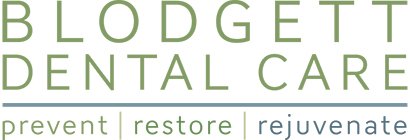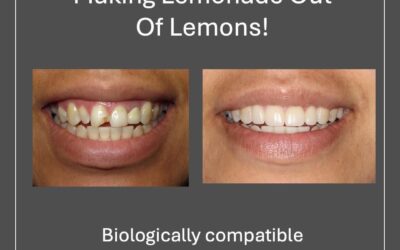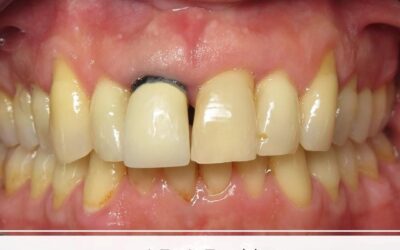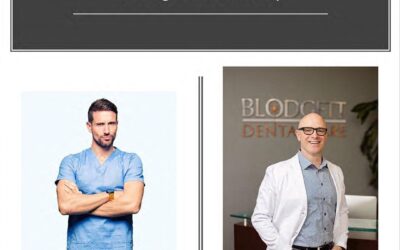My Holistic Approach to Dentistry in Action
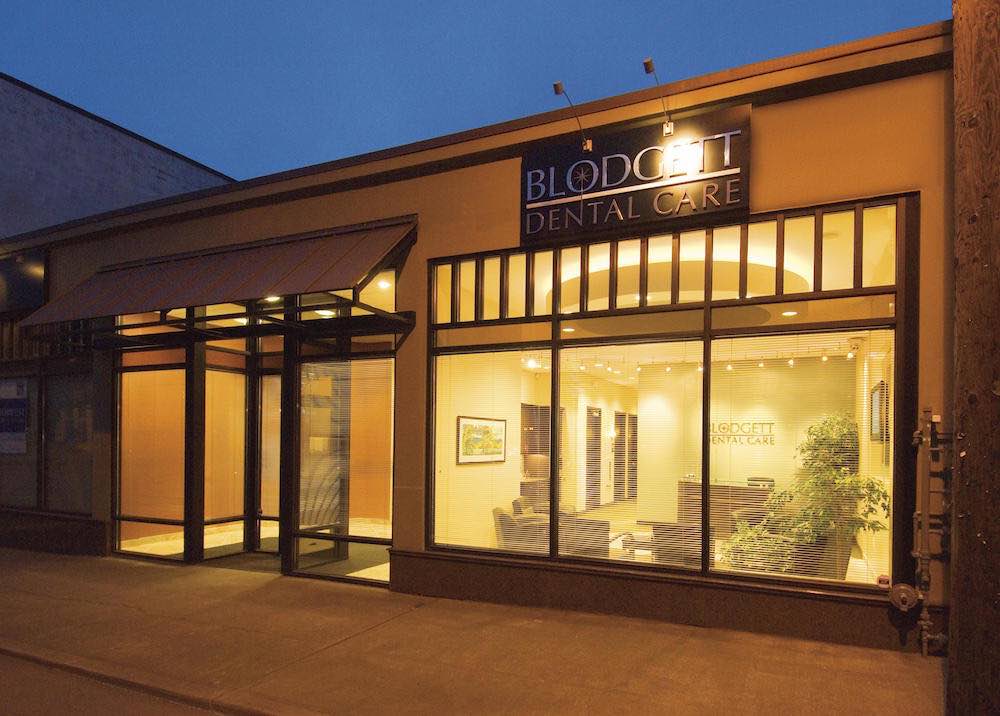
In last week’s post, I introduced you to the concept of treating systems as opposed to symptoms, as well as the importance of thinking about your overall health, not simply your dental health.
Today, we’ll be looking at a few examples of my how my holistic-based approach to dentistry helps patients and how it might be able to help you, too.
We’ll look at how sleep apnea can be cured instead of simply treated, why mercury is so dangerous (and why many dentists continue to use it), and how we can use a holistic approach to restore optimal health to your gums.
After you finish reading today’s post, I hope you’ll have a more complete understanding of why it is so important to stop treating symptoms and start looking for holistic solutions to health problems.
Sleep Apnea
Sleep apnea is an all-too-common problem that affects nearly 20 million people in the United States alone. Those who suffer from sleep apnea may stop breathing hundreds of times during the night while they sleep.
This leads to poor sleep, low energy, and general poor health. It can even be deadly if a person’s breathing doesn’t resume.
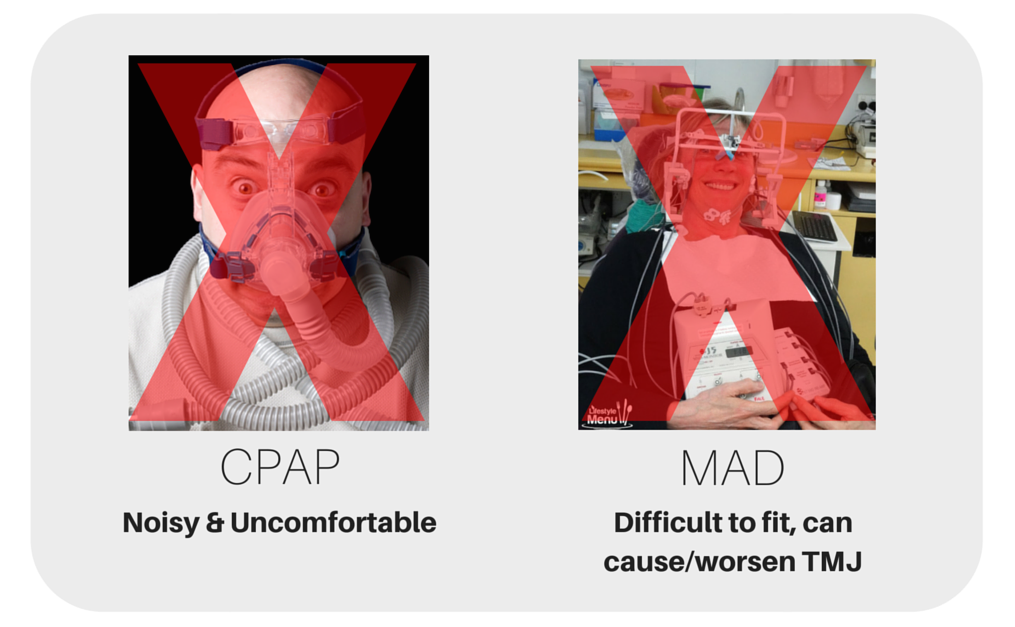
Traditional approaches to treating sleep apnea involve treating the symptom: not breathing.
The first traditional treatment option is Continuous Positive Airway Pressure (CPAP) where a noisy machine forces air into a person’s airway, keeping it open throughout the night.
The cause of the problem (a constricted airway) is ignored and a person with sleep apnea will need to use a cumbersome machine for the rest of their life.
Many people with sleep apnea do not tolerate the CPAP mask and, therefore, turn to alternative solutions like Mandibular Advancement Devices (MAD). These devices artificially pull your lower jaw forward with the idea of bringing your tongue forward to open the space behind it.
But what if the constriction in your airway is in your nose? Neither the CPAP nor the MAD addresses the structural issues of a closed upper nasal airway!
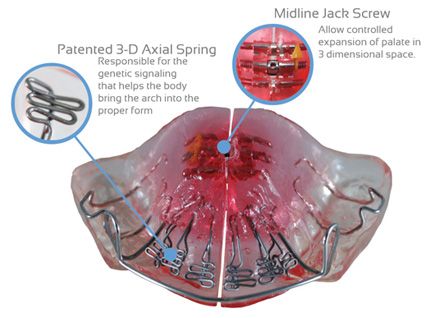
My approach to sleep apnea involves treating the underlying cause– generally an airway that collapses during sleep. This symptom may be the result of a jaw bone that isn’t the optimal size, which limits the airflow through the nasal and oral airways.
Instead of treating the symptom, I use a non-surgical, pain-free appliance that promotes the growth of the jaw bone and increases the size of the airway to potentially cure sleep apnea.
Instead of a lifetime of sleeping with an uncomfortable mask and machine, sleep apnea can actually be cured instead of simply treating the symptoms.
When it comes to sleep apnea, it pays to look beyond the symptom and understand the entire system. When properly addressed, your body becomes its own health-sustaining system that breathes while providing oxygen to all tissues that need it!
Mercury in Your Mouth
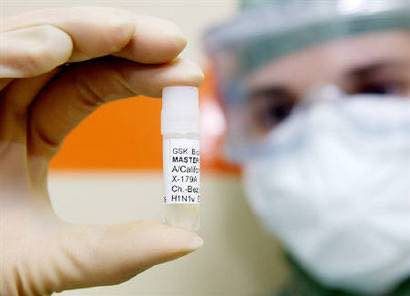
Let’s use some common sense here. Mercury is a known poison. Period.
Why would a person put a known poison that is highly neurotoxic right next to their brain?! And if you have old mercury fillings in your teeth, why would you keep them in your teeth any longer than they need to be?
Let’s consider some “insider” information: If a dentist buys a box of “dental amalgam” filling material (notice, the word mercury is not used to make the product seem less dangerous), it comes with warnings explaining the material is a known toxin.
Here’s an excerpt from the “Dispersalloy” material from the Dentsply company:
Exposure to mercury may cause irritation to skin, eyes, respiratory tract and mucous membrane. In individual cases, hypersensitivity reactions, allergies, or electrochemically caused local reactions have been observed. Due to electrochemical processes, the lichen planus of the mucosa may develop.
Mercury may also be a skin sensitizer, pulmonary sensitizer, nephrotoxin and neurotoxin. After placement or removal of amalgam restorations, there is a temporary increase of the mercury concentration in the blood and urine.
As you have just read, even the manufacturer of this material says it’s unsafe. To further illustrate how toxic mercury from your fillings is, all dental offices a few years ago were required to install a mercury filtration system in their water lines.
Why? Cities do not want toxic mercury making its way into our water supply! If we know that mercury is so toxic, why would dentists still be using it?
The answer is because mercury fillings are very inexpensive (in terms of dollars and cents) and easy to work with. In my opinion, neither of these are great reasons for choosing a dental filling material!
Consider the known neurotoxic effects that mercury has on our neurologic health. If a person expects to have a healthy brain and nervous system throughout life, doesn’t it make sense to minimize exposure to mercury?
And know this: the average sized mercury filling releases approximately 25 micrograms of elemental mercury EVERY DAY. This is PER FILLING! If you have 10 “amalgam” fillings, this yields 250 micrograms, or a quarter of a milligram per day!
The World Health Organization has now recognized that “mercury may have toxic effects on the nervous, digestive and immune systems, and on lungs, kidneys, skin and eyes.” In order to bring people to their best level of systemic health, minimizing their exposure to toxic chemicals is a must.
At Blodgett Dental Care, one way we support whole body health is to safely remove toxic chemical exposure, like mercury fillings, and replace them with non-toxic resin or porcelain restorations.
The Quest for Healthy Gums: Looking Beyond What We See

Helping people obtain healthy gums is one of my true passions. Why? Because inflamed gums are infected gums.
Chronic infection of any type in our bodies is a drain on our vitality.
I want to help people be their healthiest and this is only possible if we are free from infection.
It helps to recognize all of the systems affecting our gum health. We’ve all heard that brushing and flossing is important. And don’t get me wrong, brushing and flossing are very important.
But as you might imagine, there’s a lot more to it than that!
Other issues affecting our gum health include our diet (nutritional support), our genetic risk for inflammation, the types of restorations in and on our teeth, our social habits (smoking, drinking alcohol), stress levels, and anything else that affects our health and well being.
At Blodgett Dental Care, we assess all of the factors listed above to help us best understand the individual risks of all of our patients. Predictable, long-term health cannot be achieved without considering these parameters.
Whole health success requires whole health thinking!
One of the most effective ways that we help people remove gum infections is by using soft tissue lasers. For over 25 years dentists, as a profession, have had soft tissue lasers at our disposal.
Sadly, it is a small minority of “pioneers” who use dental lasers. These lasers are incredibly effective at removing gum-disease-causing bacteria in the gums. Once we remove the cause of the infection, the gums can become healthy again.
Our bodies also appreciate having a high level of antioxidant support to help fight off the bacterial invaders. Antioxidant support is best achieved by eating “the rainbow” (numerous fruits and vegetables of multiple colors) and supplementing your diet with quality nutritional supplements.
We are proud to be one of the few dental practices offering these supportive approaches to help you obtain and maintain optimum oral and systemic health.
Are You Ready for a Holistic Approach to Dentistry and Health?
If you’re interested in learning more about my holistic and systems-based approach to health, give my office a call at (503) 894-5802 or contact me online to schedule your first appointment.
At your appointment, I’ll get to know you and we’ll talk about how to best optimize your health using my holistic approach to dentistry and wellness.
Photo Credits: Clean Green
Read Also
Wellness Wednesday: Making Lemonade Out Of Lemons!
Making Lemonade Out Of Lemons Today’s health recovery story is one of my favorites! From the moment I met this woman I thoroughly enjoyed her spirit. She was determined to regain her total health and wellness and to pursue the smile of her dreams! Like many people she...
Toxic Tuesday: Gangrene Tooth Causing Sinus and Lung Problems
Toxic Tuesday: Gangrene Tooth Causing Sinus and Lung Problems Toxic Tuesday: Gangrene tooth causing sinus and lung problems. Today’s story is about a middle-aged man who injured his front tooth as a child. After the traumatic tooth accident, the nerve died and root...
The Differences Between Biological and Holistic Dentistry
The Differences Between Traditional and Biological Dentistry Wellness Wednesday: The differences between traditional and biological dentistry. One of the questions I am frequently asked is: “How would you describe the difference between traditional and...
